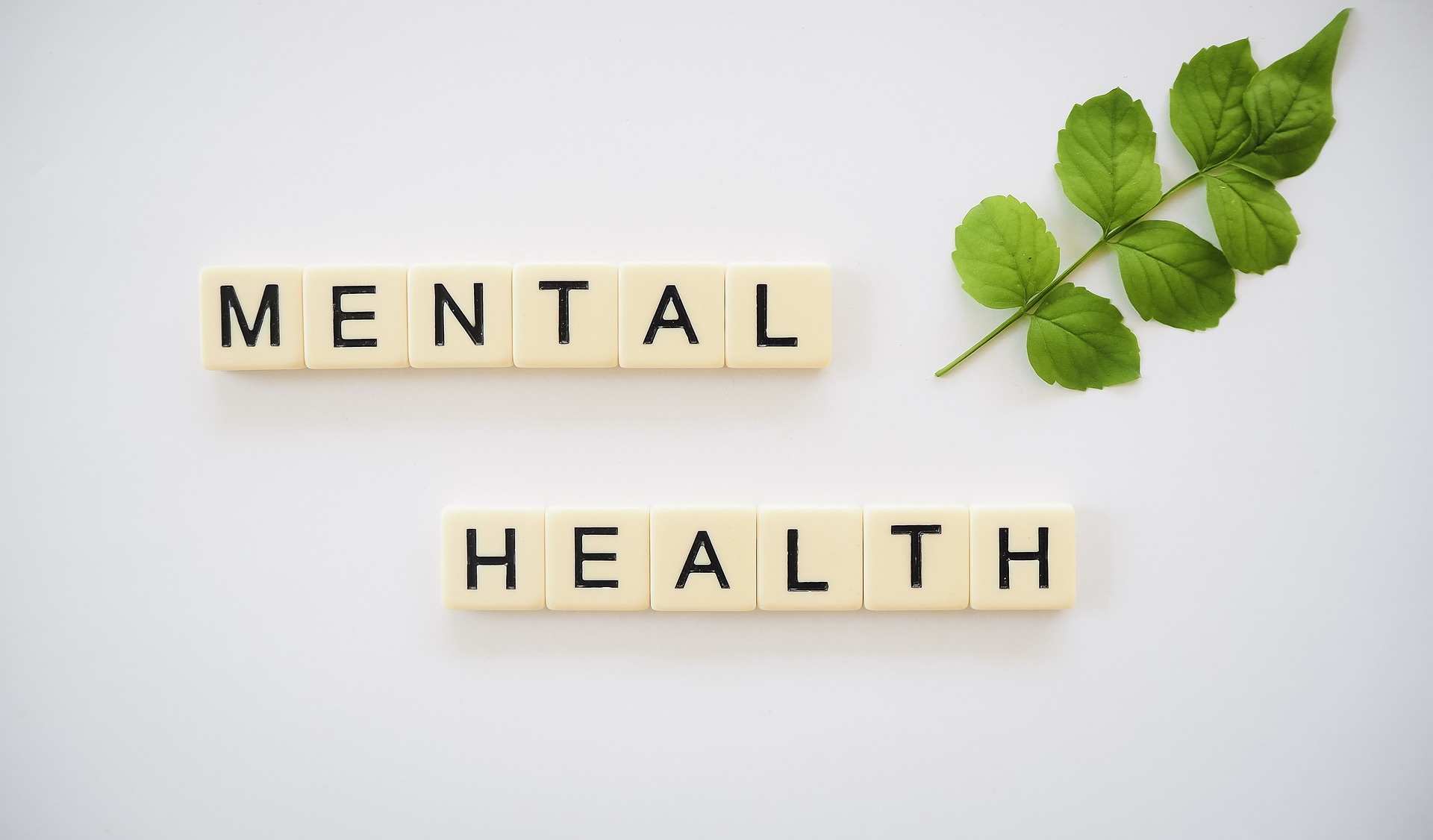Navigating the Complex Terrain of Anxiety: Understanding Its Historical Context and Current Relevance
Anxiety is not a new phenomenon. It has likely been a part of the human experience since our earliest days, but our understanding and recognition of it have evolved significantly over time. Ancient texts, such as the Bible and the works of Hippocrates, recorded cases of severe anxiety, suggesting its presence throughout history. However, it was often attributed to spiritual influences or physical maladies rather than being acknowledged as a mental health condition.

By the 19th century, the medical community began to recognize anxiety as a distinct psychological disorder. Sigmund Freud, the father of psychoanalysis, was one of the first to explore it in depth, linking it to unconscious conflicts and suggesting therapeutic interventions. In the 20th century, our understanding of anxiety grew with the advent of psychopharmacology and the development of cognitive-behavioral therapies.
The Prevalence and Impact of Anxiety in the Modern World
Fast-forward to the present day, and anxiety disorders are among the most prevalent mental health conditions worldwide. According to the World Health Organization (WHO), around 264 million people globally suffer from anxiety disorders. In the United States alone, the Anxiety and Depression Association of America (ADAA) reports that anxiety disorders affect 40 million adults every year, or roughly 18.1% of the population.
The impact of anxiety on individuals and society is profound. It can lead to physical symptoms like headaches and heart palpitations and affect cognitive function, leading to difficulties with concentration and decision-making. Anxiety can also interfere with relationships and work performance, contributing to a loss of productivity and a lower quality of life. Moreover, it often coexists with other mental health disorders such as depression, further complicating treatment and recovery.
Anxiety in a Digitally Connected World: Trends and Challenges
The rise of technology and social media has introduced new challenges in managing anxiety. While these platforms offer opportunities for connection and information-sharing, they can also contribute to increased stress and anxiety. The constant bombardment of news and information, the pressure to present a perfect life online, and the potential for cyberbullying and harassment can all exacerbate anxiety symptoms.
On the positive side, technology has also opened up new avenues for mental health support. Teletherapy and online counseling services have made mental health care more accessible, especially during the COVID-19 pandemic when face-to-face interactions were limited. Additionally, self-help apps and online platforms offer resources for managing anxiety, including mindfulness exercises, cognitive-behavioral tools, and supportive communities.
Unique Insights: Shifting Perspectives on Anxiety
While the conventional view of anxiety is as a disorder to be treated, some researchers and clinicians are exploring a different perspective: that anxiety, in some forms, may have adaptive value. This perspective suggests that the worry and vigilance associated with anxiety can motivate individuals to avoid danger, prepare for future challenges, and strive for success. Understanding these potential benefits may help individuals cope with anxiety and harness its energy more effectively.
However, this perspective does not negate the fact that excessive and persistent anxiety can be debilitating. It underscores the importance of finding a balance between productive worry and chronic anxiety. Moreover, it highlights the need for individualized approaches to anxiety management, taking into account each person’s unique experiences and needs.
The Road Ahead for Anxiety Research and Treatment
In conclusion, our understanding of anxiety has come a long way from ancient times to the present day. We now recognize it as a significant global health issue with far-reaching impacts on individuals and society. However, there is still much to learn.
Emerging research is exploring the genetic and neurobiological basis of anxiety, the impact of environmental factors, and the potential benefits of novel treatments, including mindfulness and compassion-based therapies. As we continue to navigate the complex terrain of anxiety, it is crucial to foster open conversations about mental health, combat stigma, and ensure access to effective treatments and supports. By doing so, we can help those affected by anxiety to lead healthier, more fulfilling lives.




